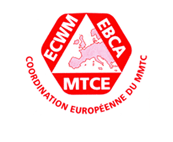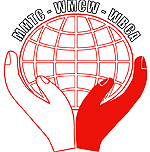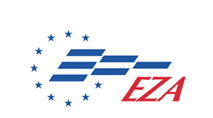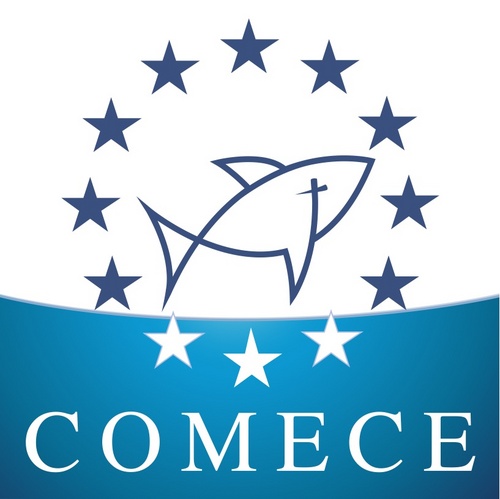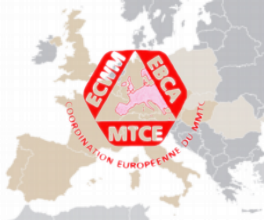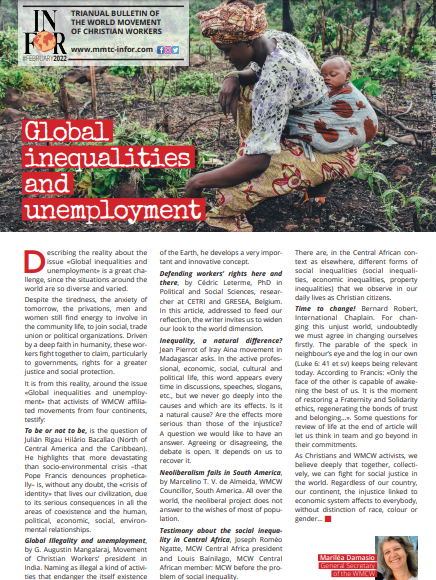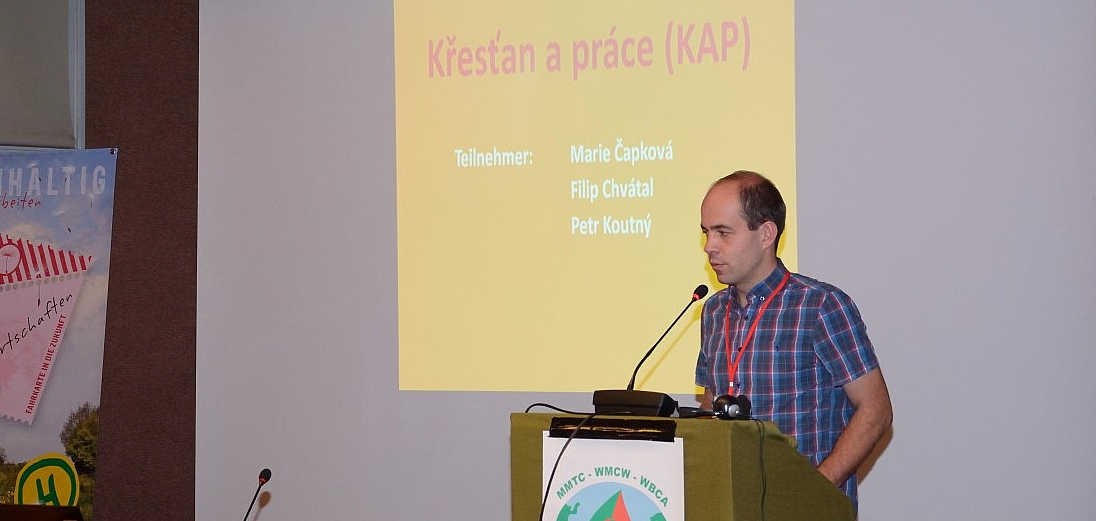
Petr Koutný, ECWM President, May 2019
The last European elections have given us the possibility of focusing on the rich and diverse mosaic which the European Union represents. At the same time, it is an occasion to reflect about what UE has been and is, and to think about the way it should take in the near future.
The EU concept is that of the common home inhabited by people with diverse characters, customs and postures. This fact supposes a huge richness to be respected and taken care of. At the same time we can say that, for the same reasons, our continent is not a paradise and coexistence has not always been idyllic, since there are many realities that -rightly- we consider painful, unpleasant or unfortunate.
But, let’s start with that could appear at the end of this reflection. The EU main objective from the beginning has been a peaceful coexistence of nations. And we must affirm that this purpose has been fulfilled in a wonderful way. We have the privilege that Europe has lived a long period of peace, that it is - from the historical point of view- something exceptional. It has been preferred to solve conflicts sitting around a table, based on dialogue.
In the period that has finished, the EU has had to face to several adversities that have endangered its cohesion. EU has had important tests with phenomena as brexit, the migratory crisis or terrorism that have divided the continent and have reinforced the anti-European trends.
However, beyond the events and visible facts, we have to reflect about the motives and reasons of these behaviours. In most of cases, we come to the conclusion that we are suffering a great crisis of values. Europe is losing consciousness of its Christian roots, but, at the same time, it is more than obvious that it needs and has to return to them. Nowadays, it is more urgent than before, to promote the solidarity, to fight against the selfishness and individualism that lead to disinterest to others. One of the main tasks of Europe in the future will be, then, to restore the value hierarchy and to fight for the respect to all people and their dignity. The European Union as institution can -and must- play an important role in this process.
In this sense, it is essential the EU policies appreciate the person, the individual, as it deserves, that they do not put in the centre their own interests, economic benefit or national interests, that they fight against the “economy that kills”, as Pope Francis says. The EU has to cooperate actively in this change and to be guided by the criteria of human dignity, to ensure to the workers fair conditions and an adequate wage for supporting their families. In a more digitalised world it is essential to regulate the working day, above all, in the case of people who work from home, since too much flexibility in the workday affects to family life and erases the limits between work and free time. It is needed, therefore, to fix periods for resting. For the same reason it is indispensable to keep one day of the week to rest, preferably on Sunday, that, for us Christians, has a deeper dimension. These requirements whose list, of course, is very incomplete, leads to the conclusion that to reconcile the working life and family is always more difficult for workers.
The new parliament emerged from the elections must defend the values mentioned and try -without turning to nationalism or populism- to maintain a certain stability, based on dialogue and taking into account the good of our common home.
